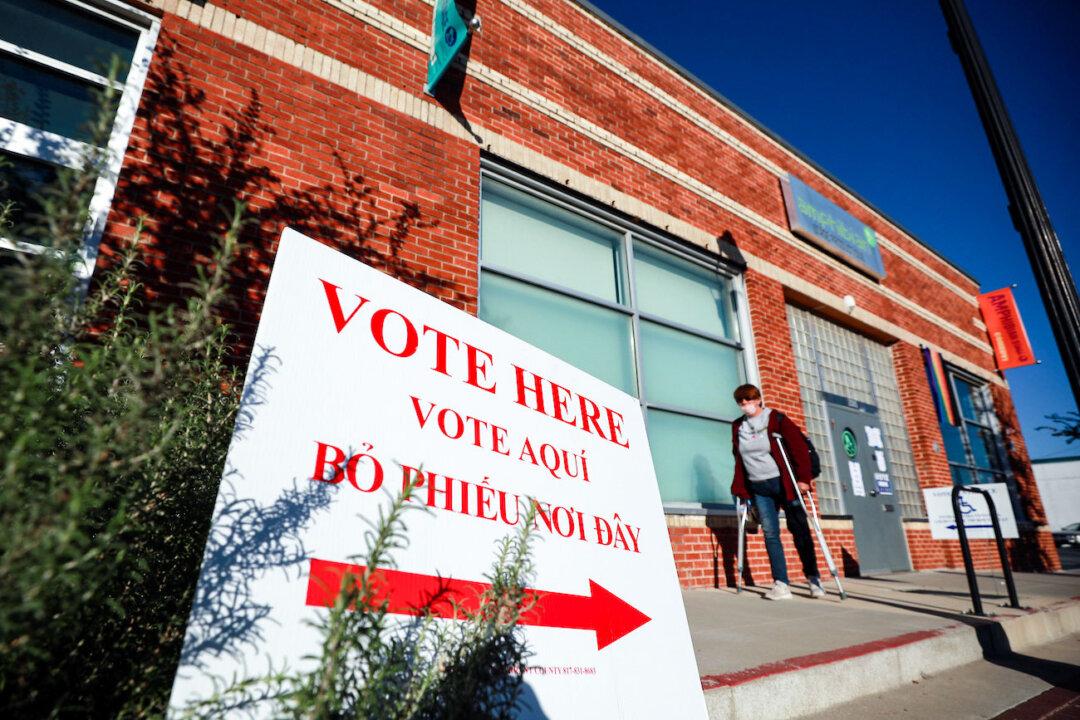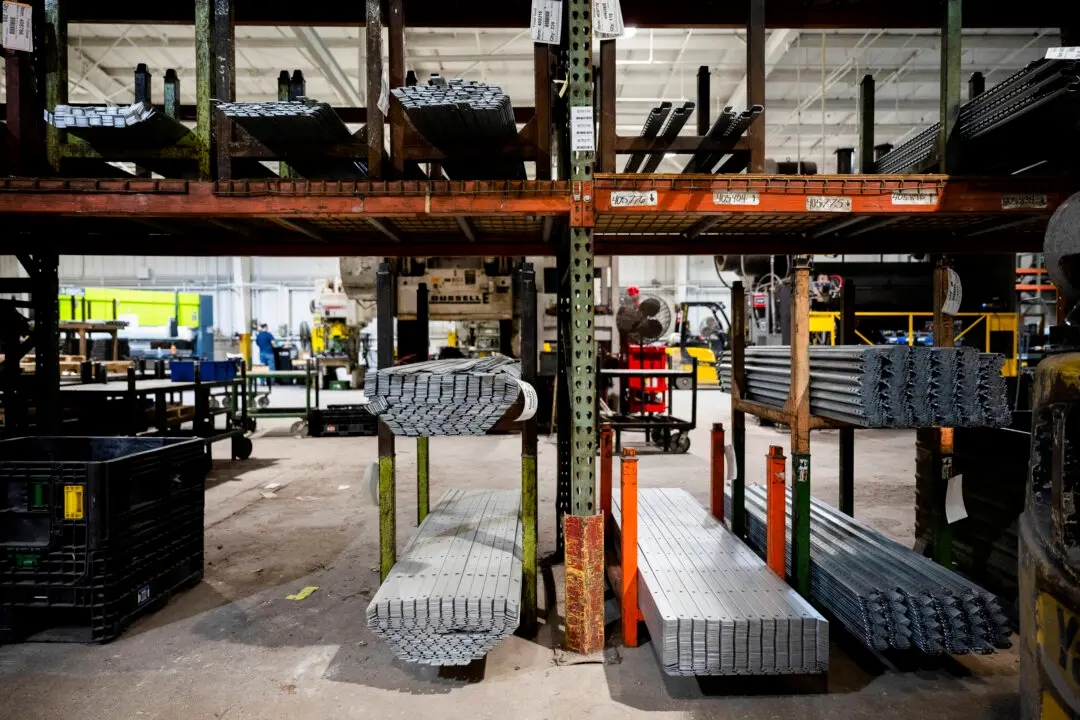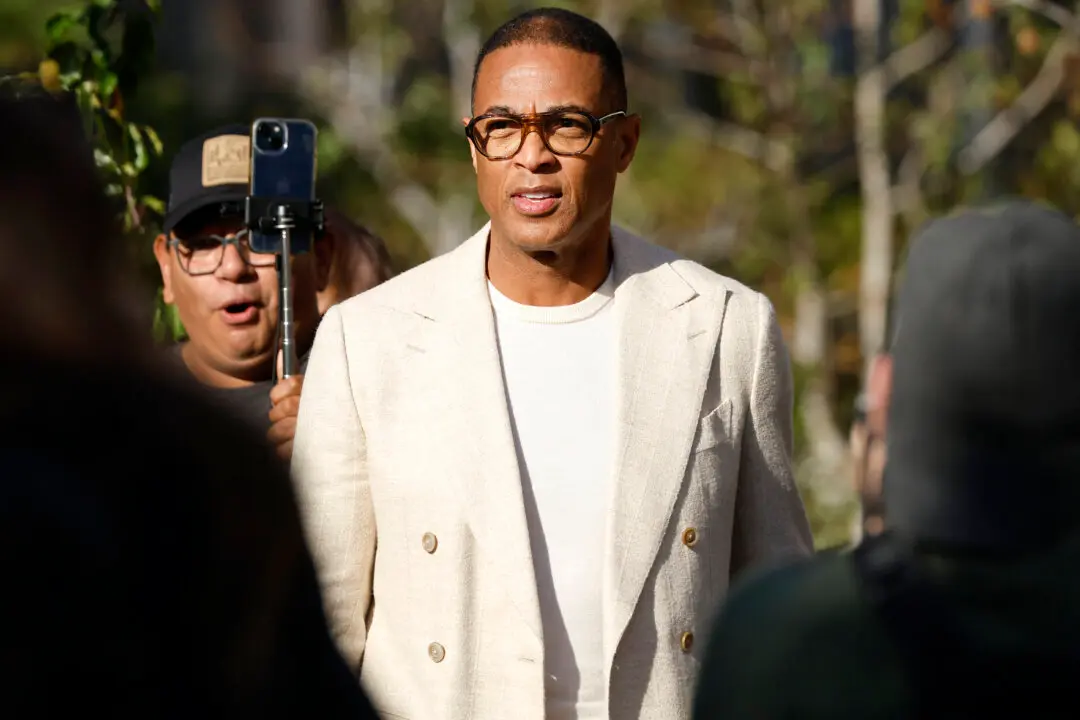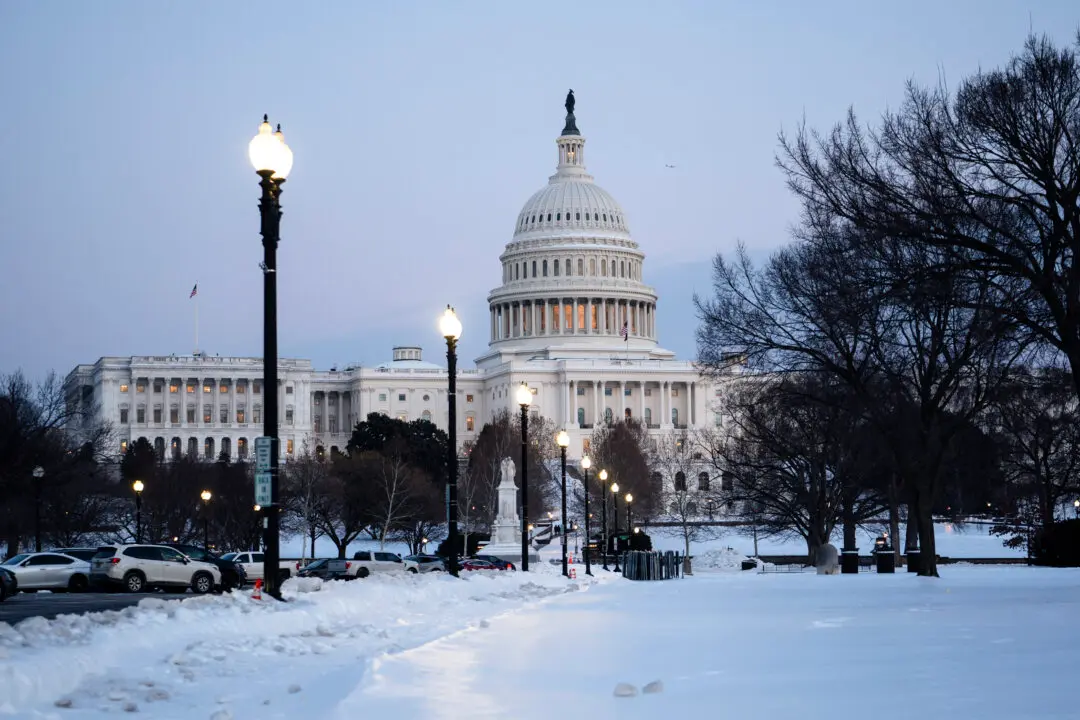In a last-minute change before Americans head to the polls in November, a federal judge has struck down as unconstitutional a key anti-ballot-harvesting portion of Texas’s sweeping election reform law.
Supporters say the provision bolsters election integrity, while critics say it amounts to “voter suppression.”





